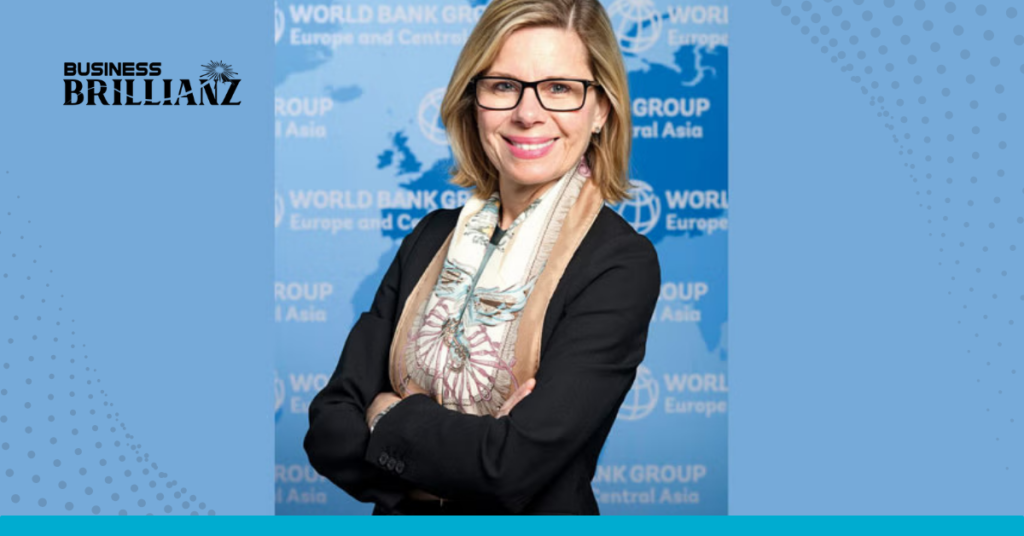World Bank Managing Director for Operations, Anna Bjerde, has reaffirmed the World Bank’s steadfast commitment to supporting Bangladesh in achieving its goal of attaining upper-middle-income status by 2031. Concluding her inaugural visit to Bangladesh, Bjerde emphasized the critical need for comprehensive macroeconomic and financial sector reforms to sustain inclusive growth in the country.
Highlighting Bangladesh’s remarkable economic growth and development as an inspiration to many nations, Bjerde stressed the urgency of swift and bold reforms in monetary and fiscal policies. Such reforms, she noted, would enable Bangladesh to maintain macroeconomic stability, mitigate financial sector risks, and foster inclusive growth amid global uncertainties.
During her visit, Bjerde met with Prime Minister Sheikh Hasina, commending the country’s progress where almost all children now attend school, and nearly every household has access to electricity. Expressing gratitude to the Prime Minister for providing shelter to Rohingyas, Bjerde pledged the World Bank’s support in addressing the needs of both the displaced Rohingya population and the host communities in the Chattogram division. Discussions are underway for two new projects with a total financing of over $650 million, with nearly half designated for the displaced Rohingya on grant terms.
Bjerde expressed pride in the long-standing partnership with Bangladesh, acknowledging its role in lifting millions out of poverty. The commitment to support Bangladesh includes efforts to create jobs, develop a robust private sector, attract investment, and enhance resilience to climate shocks and future crises, all while ensuring that no one is left behind.
During her visit, Bjerde engaged with key stakeholders, including the finance minister, Bangladesh Bank governor, government officials, private sector and civil society leaders, and women entrepreneurs. Accompanied by World Bank Vice President for the South Asia Region, Martin Raiser, Bjerde discussed Bangladesh’s development priorities.
Since Bangladesh’s independence, the World Bank has provided approximately $41 billion in International Development Association financing, making it the largest ongoing IDA program globally. The World Bank continues to be Bangladesh’s largest development partner.


